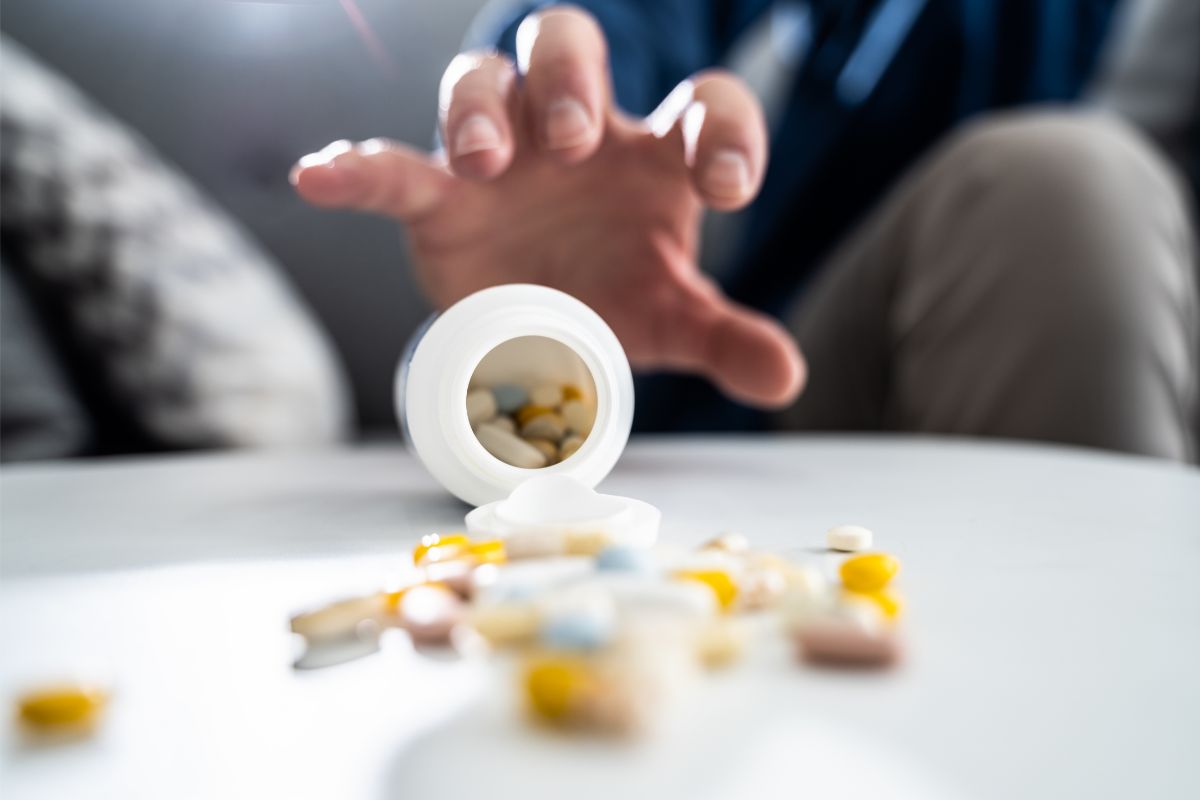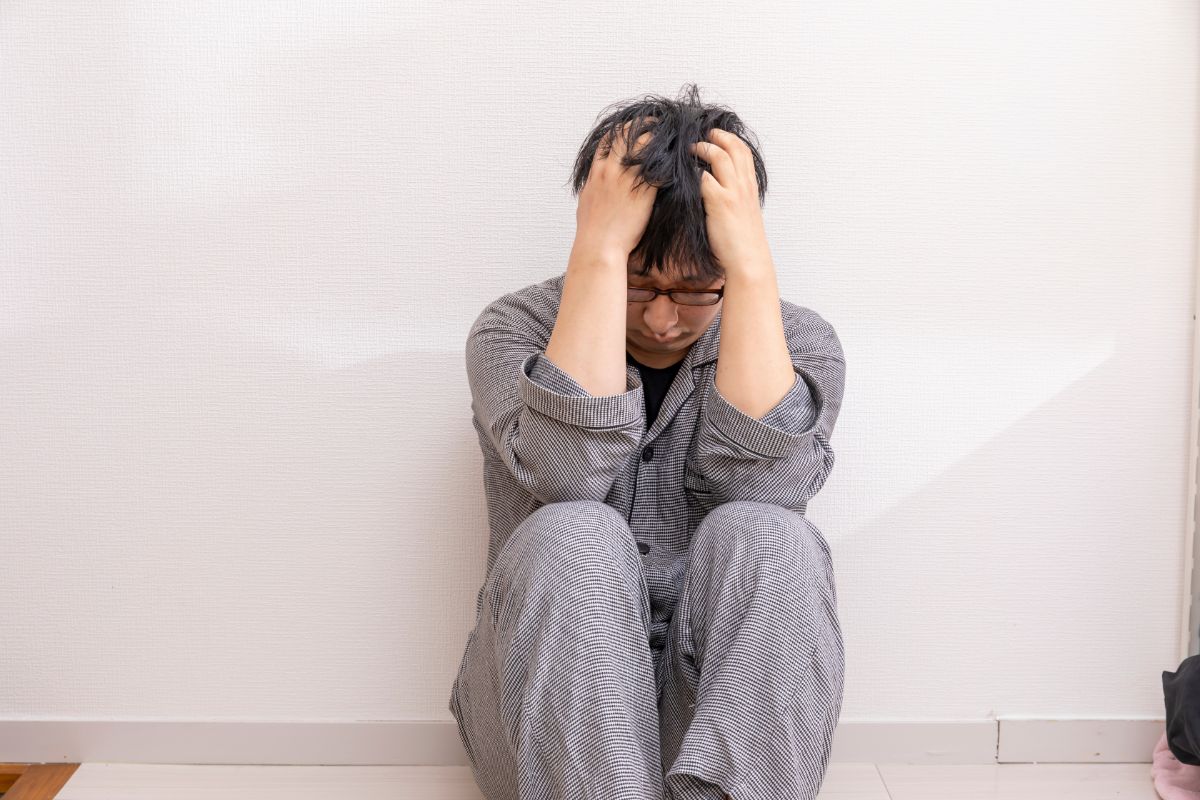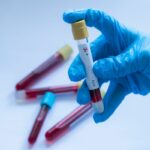When a person gives up a highly addictive substance, there is one thing that is usually on that person’s and everyone else’s mind at that point: withdrawal.
Withdrawal is a series or a group of symptoms that a person may experience when they abruptly stop their intake or drastically reduce their intake of a specific substance that is either pharmaceutical or recreational in nature.

Even the most seemingly harsh substance, like caffeine, can cause terrible conditions for the person doing this – although, we would stress, caffeine’s symptoms are very minor compared to most.
As such, we decided to create an article about withdrawal to talk you through what happens when you go through it and how you can treat the symptoms of it.
Symptoms
There are far too many drugs that lead to withdrawal to cover in this article, and each of those drugs has specific symptoms associated with them.
However, there are some symptoms that are very commonly associated with withdrawal as a whole or that should be expected in general, which we will cover: These include:
- Chills and shivering
- Changes in mood
- Changes in appetite
- Fatigue
- Irritability
- Runny nose
- Congestion (chest, nose, or ear)
- Depression and anxiety
- Muscle pain
- Restlessness
- Shakiness and unsteadiness
- Tremors
- Sleeping difficulties
- Sweating
- Vomiting
There can be more severe symptoms for more severe cases of withdrawal as well. These include:
- Hallucinations
- Seizures
- Delirium
The severity of your withdrawal will depend on the drug you were taking and the amount of time you were taking it, and in some cases extreme withdrawal can even lead to death, if not treated properly or because of the severity of the withdrawal itself.
Causes
Your body and brain are linked in an integrated system that maintains both your physical and mental health by the production and use of hormones, molecules, and organic chemicals.
This constant need for and maintenance of the equilibrium of your body as a whole is called homeostasis.
Drugs are substances that are introduced to the body that act beyond the bounds of this homeostasis or disrupt it entirely.
This is sometimes necessary, say for example, if you were in so much pain that you are in danger of going into shock and dying, then you may be given a strong painkiller that would disrupt the pain receptors flooding into your brain, thus saving your life.
However, this can be very bad, because the drugs that are introduced to our body change the balance of it and also change regulation and levels of neurotransmitters, which would release chemicals that act as the brain and body’s reward system.
That’s why, on drugs, people feel so good. It is not the drug itself, but it is the explosive and large release of our body’s reward molecules that make them feel good.
If you take drugs over a long period of time, your body will adjust to this new normal of constant large releases of these chemicals, meaning it develops not only a tolerance for the drug but dependence upon it.
When the drug is taken away abruptly or decreased, the body will have to adapt to a life without it and your brain will have to adapt to a life without those rewarding chemicals. This is painful and potentially deadly, depending on the drug.
Withdrawal symptoms normally work in the opposite direction of what the drug does to your body. For example, depressant drugs, like alcohol, will have withdrawal symptoms that increase anxiety, restlessness, and over stimulation.
Treatment
The best treatment for withdrawal is support and care, with medications in small amounts to cope with the constant need for the particular drug of choice.
For low level withdrawal symptoms in minor addictions, like caffeine, most people will be fine to quit on their own and all people need to do is listen to the sufferer complain about it, before the withdrawal is over within a few days.
However, for major addictions to dangerously addictive substances, it is best to not only support them but to seek medical attention before doing so.
Doctors can help the sufferer come up with a detox plan and may be able to provide medications that relieve symptoms until the person is past the most dangerous points of the withdrawal.
Coming up with a detox plan is key, but reaching out to support groups is key as well.
By talking about what a person is going through and getting that support network together, the sufferer can get more strength to continue in their decision, rather than having to rely upon themselves.
Other factors that can help are eating well and regularly, drinking lots of water, exercising, and trying to sleep.
It may seem simple, but when you are withdrawing you want to encourage your body into a normal and easy to maintain routine, while supporting it as best as you can.

Attitudes
This is a big step in withdrawal treatment, as the sufferer has to acknowledge their own attitude and the attitude of other people as well. Before, when the person was on drugs, they probably didn’t care or recognize what people thought.
But now, without the barrier that the drug provides, it can become daunting to even associate with the world and this constant anxiety can cause a relapse.
As such, they need to try to take small, achievable goals for themselves and not for others. It may seem hard to go to the shops now, but if they can go once in the day, then they would have achieved something great and helped ease that anxiety.
As for other people’s views, the sufferer of the withdrawal should try to remember that they are not doing this for other people, but for themselves. They want to make themselves better, and so it doesn’t matter what others think.
Conclusion
Withdrawal is a terrible thing to go through, but it leads to a much better place for the person, and they will lead a much happier and fulfilled existence by leaving their drug behind.
- What Are The Main Symptoms Of HIV? - August 12, 2022
- How Much Does Pre-Exposure Prophylaxis Cost? - August 12, 2022
- HIV: Treatment Options And Managing Symptoms - August 12, 2022








